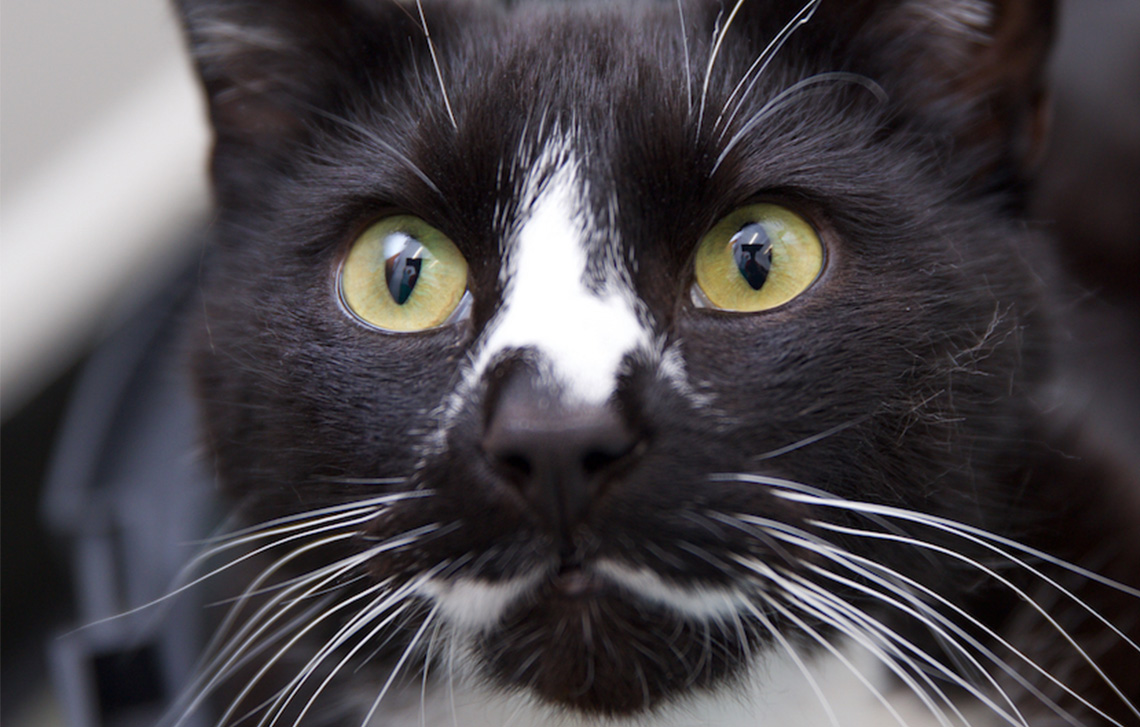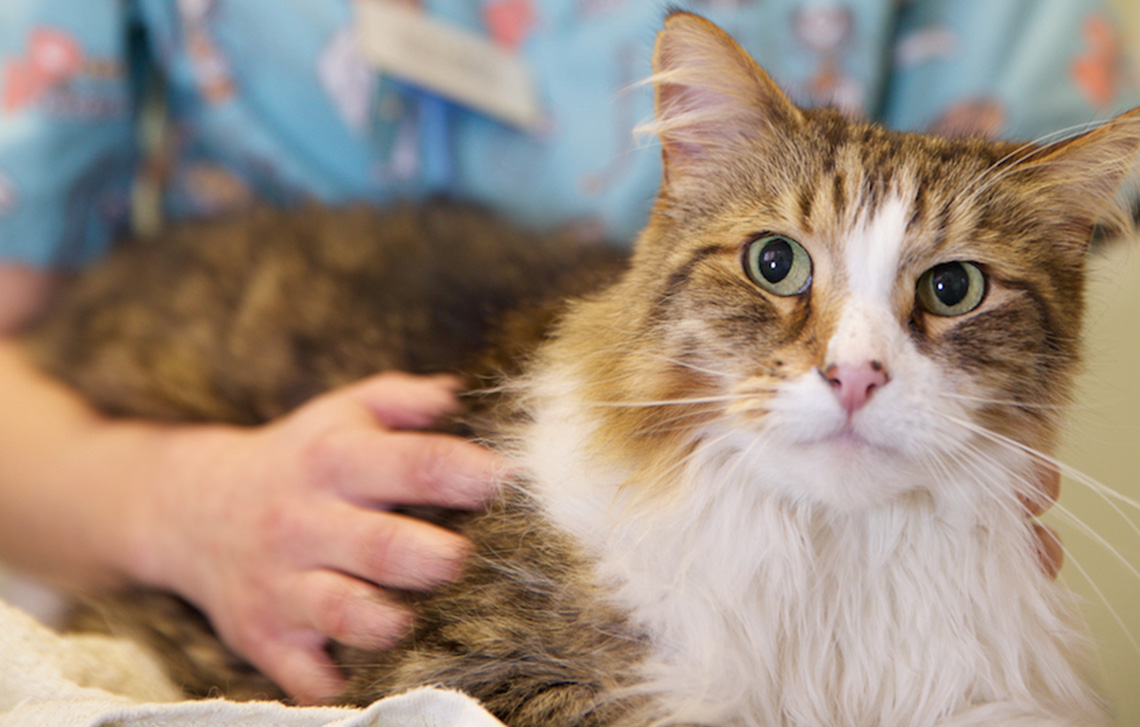
Diabetes is a common and complicated condition caused by an absolute or relative deficiency of the hormone insulin. This can result in glycosuria (glucose in urine) or hyperglycaemia. Insulin is produced in the pancreas and controls/utilises blood glucose (sugar). Abnormalities in the pancreas interferes with the ability to produce insulin, and this combined with ‘insulin… Read more »
Diabetes is a common and complicated condition caused by an absolute or relative deficiency of the hormone insulin. This can result in glycosuria (glucose in urine) or hyperglycaemia. Insulin is produced in the pancreas and controls/utilises blood glucose (sugar).
Abnormalities in the pancreas interferes with the ability to produce insulin, and this combined with ‘insulin resistance’ (reduced ability of the tissues within the body to respond to insulin that’s produced), causes diabetes.
It can also occur as a secondary disease in cats or due to some forms of drug therapy.
It is more common in older cats, male cats and neutered cats. Obese cats are at a higher risk of developing diabetes.
In people, genetics has been shown to play a part in diabetes but there is no firm evidence for cats to show this. However recent studies in Australia and New Zealand have shown there may be evidence of genetic predisposition to diabetes. During these studies, there is also reason to believe the Burmese breed may be predisposed to the condition and may be inherited.
Common signs of diabetes include:
- Increased urination (polyuria)
- Increased thirst (polydipsia)
- Weight loss
- Increased appetite (polyphagia)
Diagnosis is confirmed via a urine test and blood sample.
In older cats it is recommended to monitor for this yearly to pick up the disease as early as possible. This is another reason we like to do annual senior pet checks for cats over 8 years old. Please ask us in the clinic for prices and information on this.
See our previous diabetes blog on hypoglycaemia (occurs when the blood glucose level is too low) .
For more information on diabetes for cat owners, you can also follow this link:







